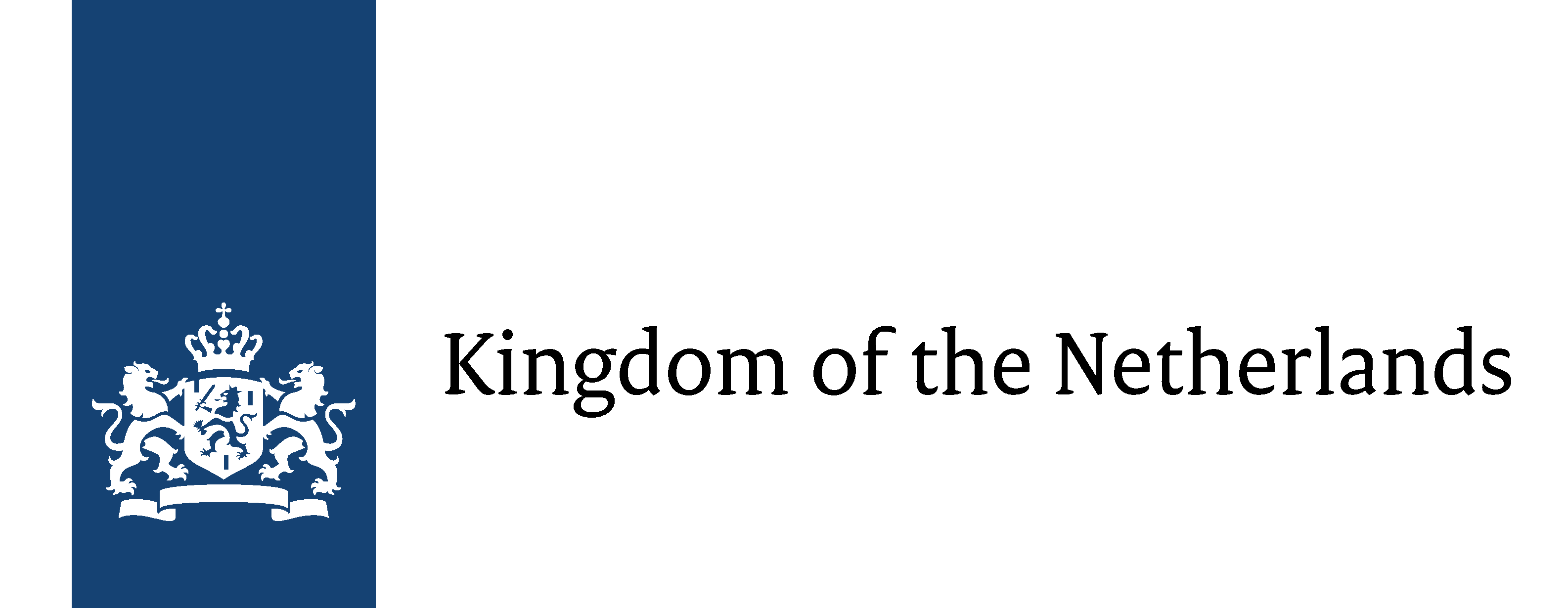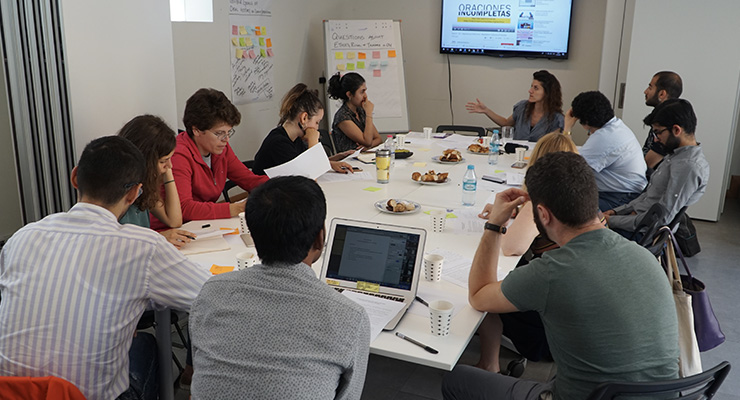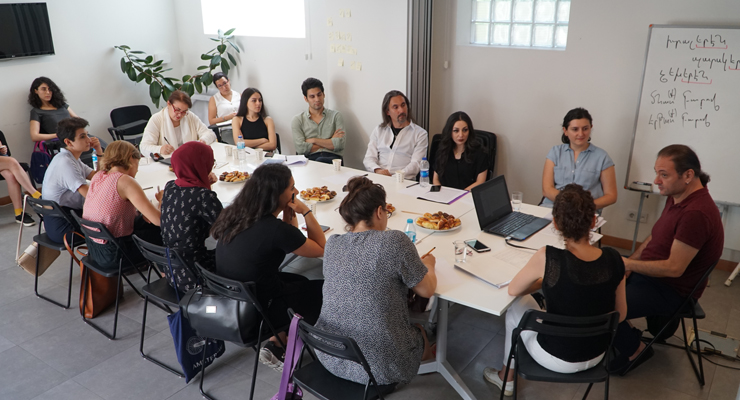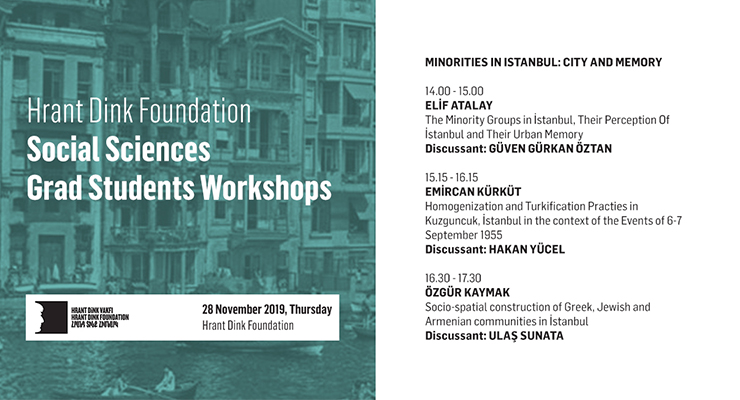The sixth Social Science Graduate Students Workshop which aim to prompt discussions on master’s and PhD theses completed in Turkey on Armenian Studies, and to foster dialogue between researchers, has taken place with the title “Modern Theatre: Representations of Space and Identity.” In the workshop two completed master’s theses and an on-going PhD thesis were discussed, with the aim of debating, through a cultural pluralist perspective, representations of space and identity in theatre.
Firstly, Fırat Güllü presented the thesis entitled “System Crisis and Theater in the Ottoman Empire: Representation of the late Ottoman System Crisis in Theatrical Plays” which he completed in the Boğaziçi University Atatürk Institute for Modern Turkish History. In this thesis, where two plays written at the end of the 19 th Century are subjected to an analytical reading drawing on Jurgen Habermas’s theory of “system crisis,” Güllü treats the world that is represented in these plays in the context of “crisis.” Güllü related how the theatre plays reflect the devastating effects on the Armenian community of the system crisis the Ottoman Empire underwent.
Dr Mehmet Fatih Uslu, lecturer in Istanbul Sehir University Department of Turkish Language and Literature, evaluated this thesis. Uslu stressed that the thesis’ treatment of theatre play texts in the political context of the period and in an interlaced manner was crucial for social sciences. In this context, he also explained that it is difficult to determine whatever is and is not represented in these texts, and to pinpoint links that exist between the subject-matter of the texts and the social and economic basis of the period when they are written. Uslu pointed out that the thesis was successful in establishing these links. He also said that the plays considered in this thesis express the new proposal or the state of negotiation which was brought about by political, economic and identity crises.
Secondly, Ayşan Sönmez presented his on-going thesis whose title is “Ottoman Armenian Theatre from Empire to Nation State”. In the research thesis which Sönmez is writing at the university of Paris 8, French Institute of Geopolitics, Sönmez considers five cities in a geopolitical axis whilst investigating the journey of Ottoman Armenians in producing Western style theatre. Sönmez stated that the cities investigated in her thesis were the following: Venice and Paris where Ottoman Armenians learned and produced Western style theatre; Istanbul as the centre of Western Ottoman Armenians’ Theatre Stage; Tbilisi as the Theatre Stage of Eastern Armenians, and the Moscow Theatre Stage in the context of Yvgeny Vakhtangov and Moscow Art Theatre. In this context, the workshop treated the three titles from the thesis, Istanbul, Venice and Tbilisi. Sönmez discussed the theoretical background of the thesis in the context of the dissemination of western theatre around the world; nations and nationalism; the art of theatre under the context of influence and représentations; Ottoman system and Ottoman Armenians; traditional Ottoman theatre and modern Ottoman theatre; cities, citizenship, cities as the space of modernization and theatre, while also expanding on the comparisons between these cities and the transmitted theatre legacy.
The thesis was evaluated by Esen Çamurdan, founding president of the Theatre Foundation of Turkey, who stressed the significance of discussing the Armenian theatre through the five cities where it was born and developed with respect to the period under consideration in the thesis. She directed questions to the researcher regarding the historical interaction between Tbilisi, Istanbul and Venice.
Lastly, Ezgi Yazıcı presented the MA thesis she completed in METU Department of Architectural History, whose title is “Theatre in Nineteenth Century Istanbul: Cases for the Translation of an Architectural Typology”. Yazıcı shared the analysis she made in her thesis of the possibility that 19 th century theatre buildings in Istanbul may have an authentic architectural language. In her presentation, rather than a formal analysis, she elaborated on the cultural panorama of 19 th century Istanbul, political and ideological changes, international relations, economic straits, and the relation all these have to theatre which had become a popular form of entertainment in the Ottoman capital.
Prof. Dr. Fakiye Özsoysal from Yeditepe University Department of Theatre was her discussant. In her assessment Özsoysal stated that, in structuring her thesis the researcher drew on concepts from Translation Studies and Linguistics, as well as making use of an interdisciplinary approach and so, offered a practice for re-thinking of the theatre buildings in 19 th century Istanbul through concepts of translation and interpretation. Özsoysal added that, approaching her subject in this manner, the researcher investigated the modernization process in this period through ordinary life practices, whereby socio-political and cultural structure and the reality of daily life appeared intertwined together with the history of architectural structure as elements fostering one another, so that the changing and evolving aspects of the art of theatre were rendered visible. Özsosysal concluded from this that while the thesis maintained scientific objectivity it could also offer various points of view.
You can watch the workshop recording in Turkish from the below.





